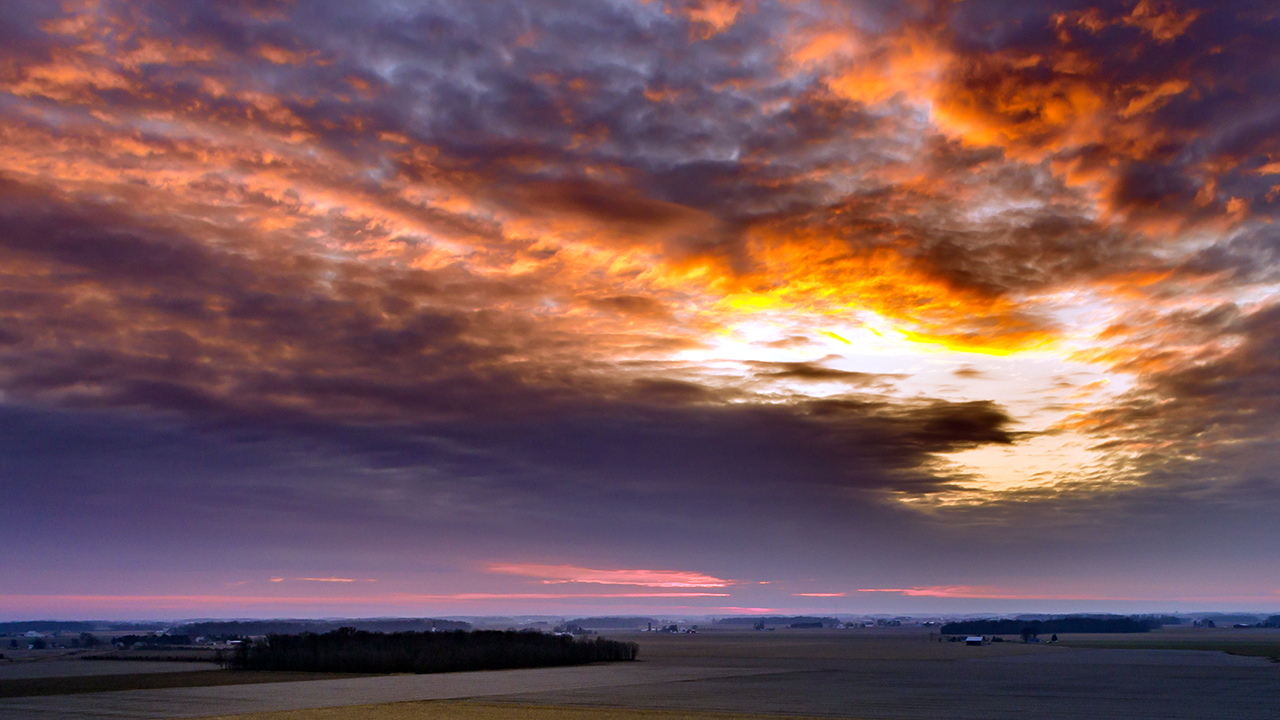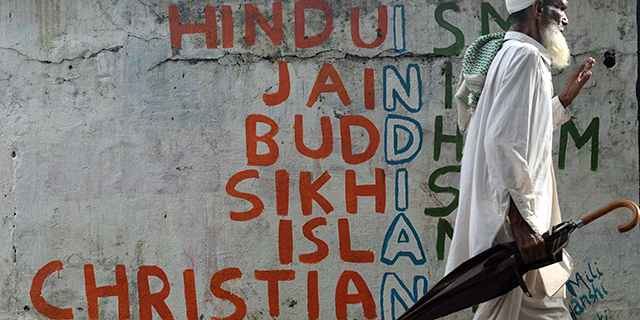The Internet and Religion: The Great Disruption
How Americans use digital technology and their implications for religious institutions.
How Americans use digital technology and their implications for religious institutions.
A conversation with Lee Rainie, director of the Pew Research Internet Project, about the project's new report on mapping Twitter conversations.
Between 1991 and 2008, the share of Russian adults identifying as Orthodox Christian rose from 31% to 72%, according to data from the International Social Survey Programme. During the same period, the share of Russia’s population that does not identify with any religion dropped from 61% to 18%.
Security has been among the main storylines leading up to the Winter Olympics, set to begin in Sochi, Russia. Sochi is not far from the city of Volgograd, the target of several recent suicide bombings, and according to The Associated Press, up to 100,000 security personnel have been deployed to guard against potential terrorist acts. […]
Religion and evolution will take center stage Tuesday evening in Petersburg, Ky., home of the Creation Museum and the site of a debate between Ken Ham, the museum’s founder, and Bill Nye. The topic: “Is creation a viable model of origins in today’s modern scientific era?”
Pope Francis named his first group of new cardinals, often called “princes of the church,” last week. The 19 men will be formally appointed next month. Media reports have observed that Francis, the first pope from outside Europe in modern times, chose several cardinals from the developing world. Francis’ immediate predecessor, Pope Benedict XVI, selected […]
Highlights from the fifth annual Pew Research Center study of religious hostilities around the world.
University of Michigan researcher Mansoor Moaddel explains the methods behind the survey and how the findings differ (or don't) by gender, religion, age and education.
Among the world’s 25 most populous countries, Egypt, Indonesia, Russia, Pakistan and Burma (Myanmar) stand out as having the most restrictions on religion when both government restrictions and social hostilities are taken into account.
A third of the 198 countries studied had a high or very high level of social hostilities involving religion in 2012. About three-in-ten countries had a high or very high level of government restrictions on religion, roughly the same as in 2011.
The Global Religious Futures (GRF) project is jointly funded by The Pew Charitable Trusts and The John Templeton Foundation. Here are some big-picture findings from the GRF, together with context from other Pew Research Center studies.
Indians see religious tolerance as a central part of who they are as a nation. Across the major religious groups, most people say it is very important to respect all religions to be “truly Indian.”
Today, most Black adults say they rely on prayer to help make major decisions, and view opposing racism as essential to their religious faith.
The Christian share of the U.S. population is declining, while the share of Americans who do not identify with any organized religion is growing. These changes affect all regions in the country and many demographic groups.






